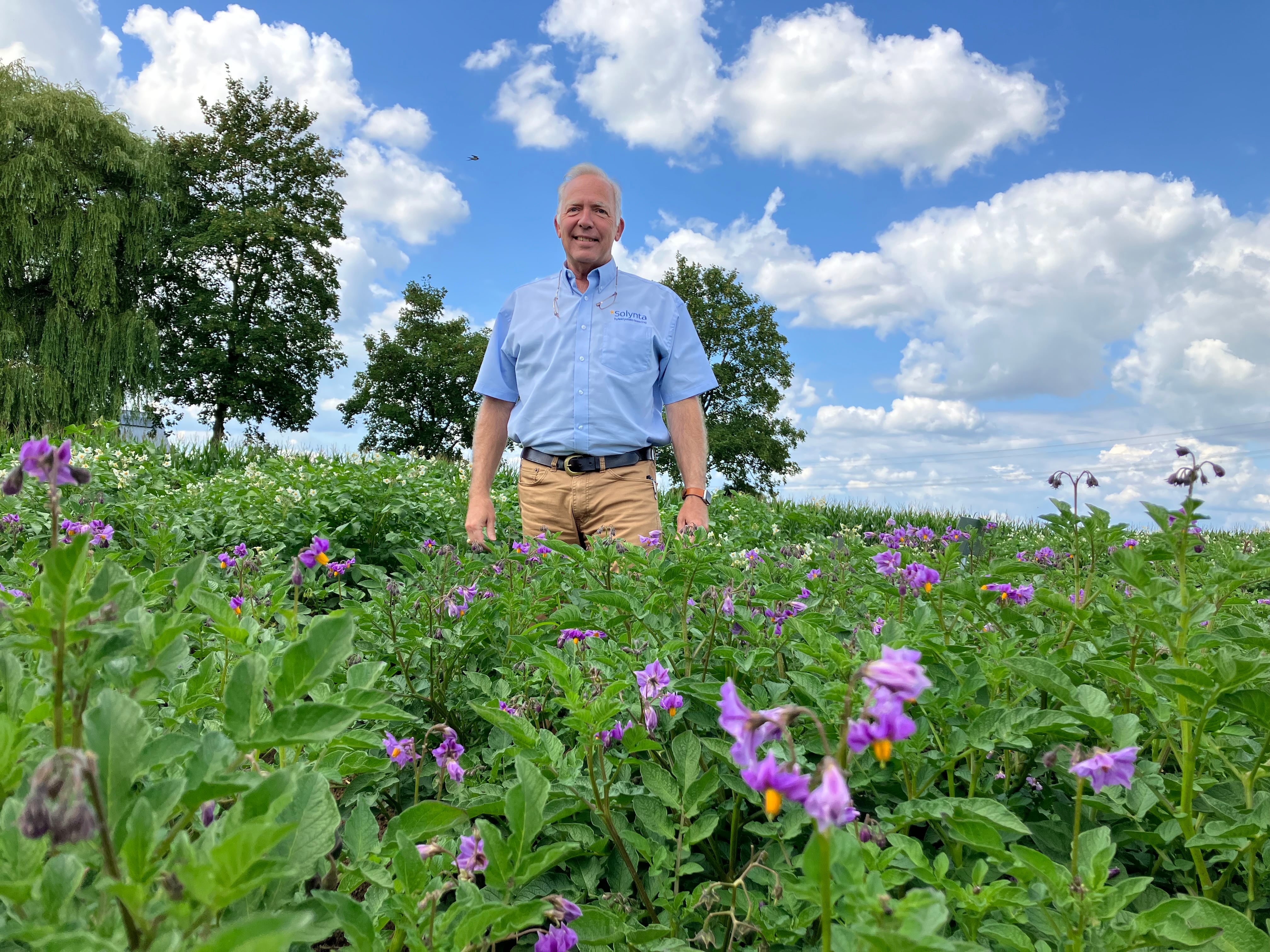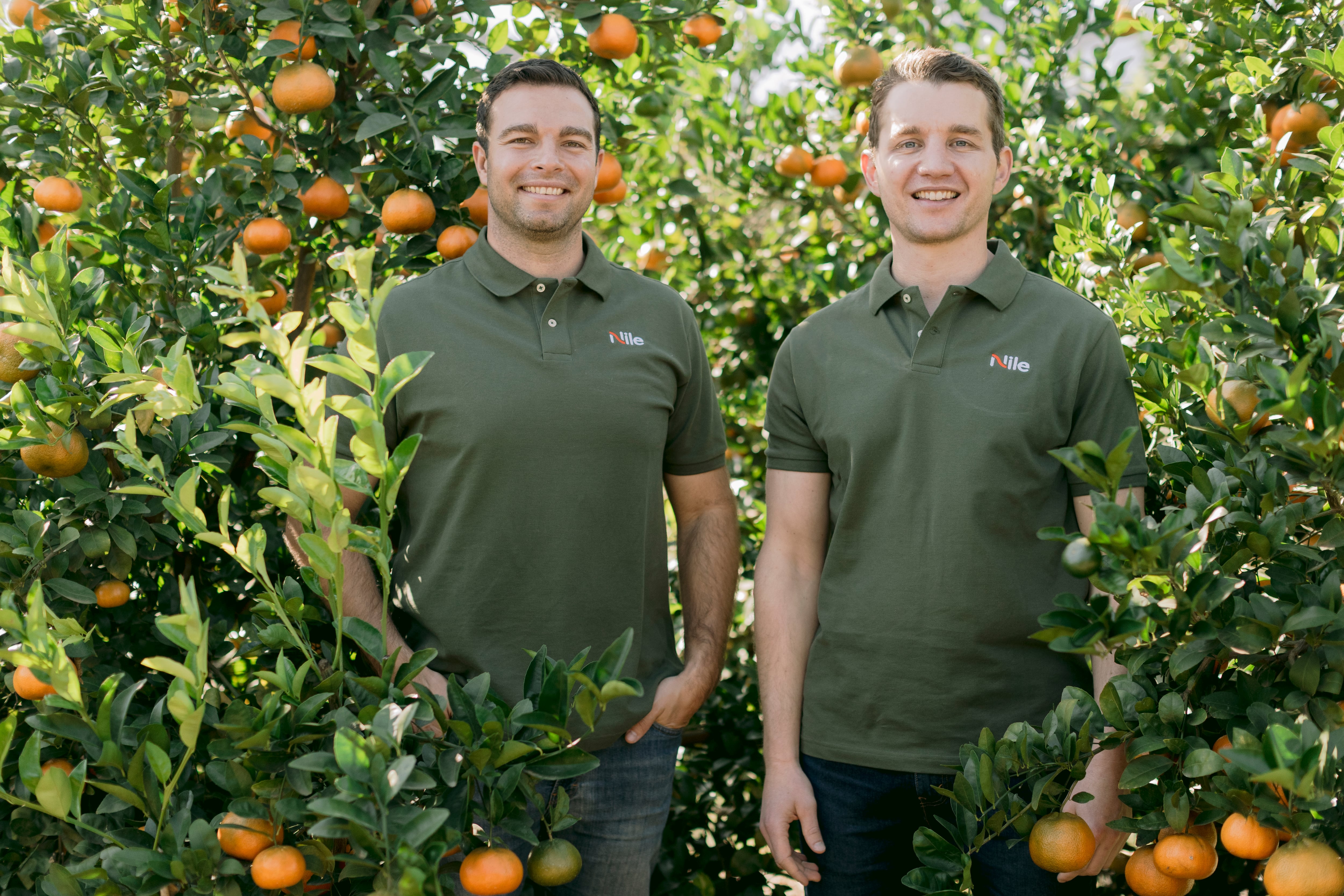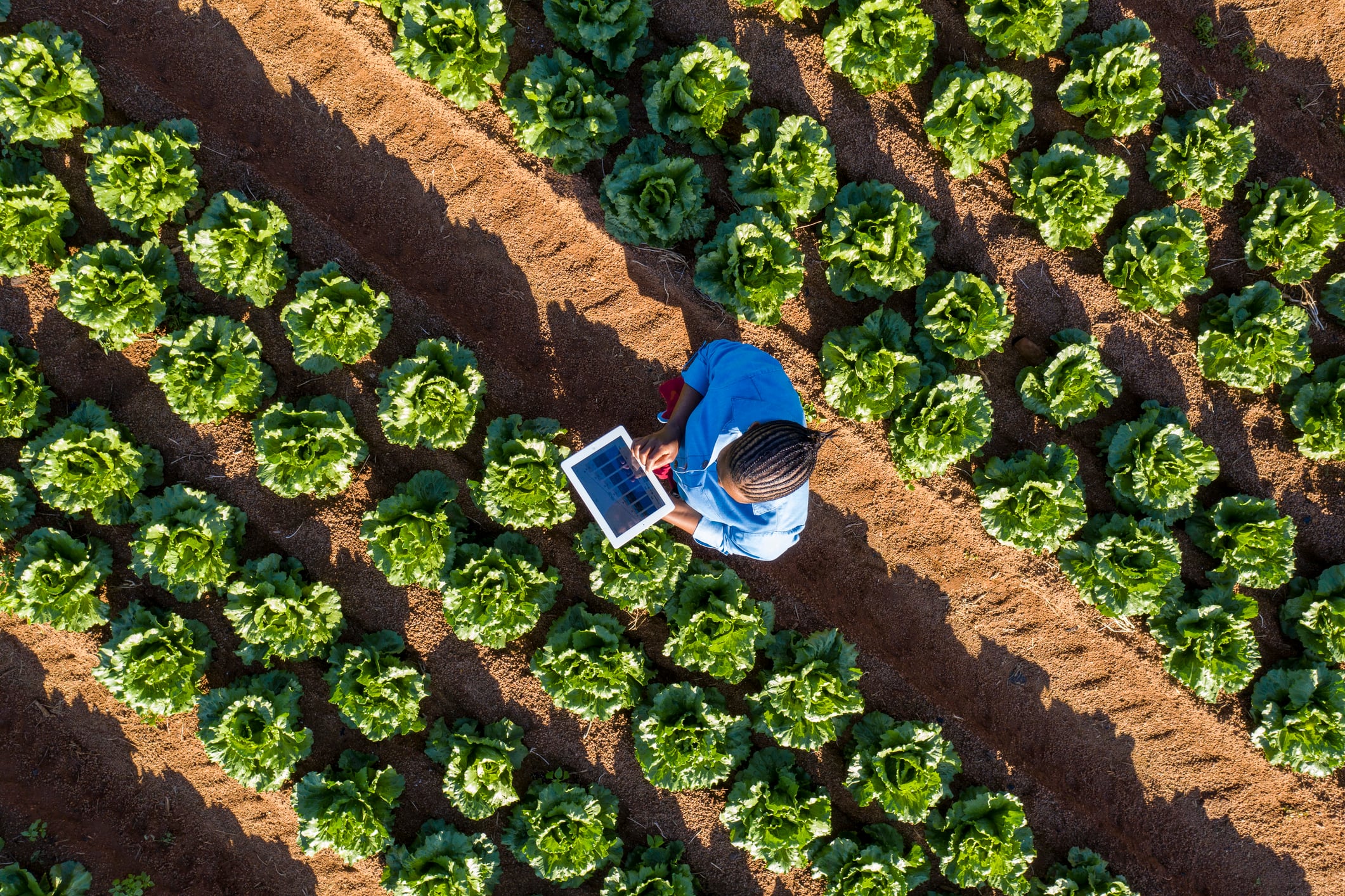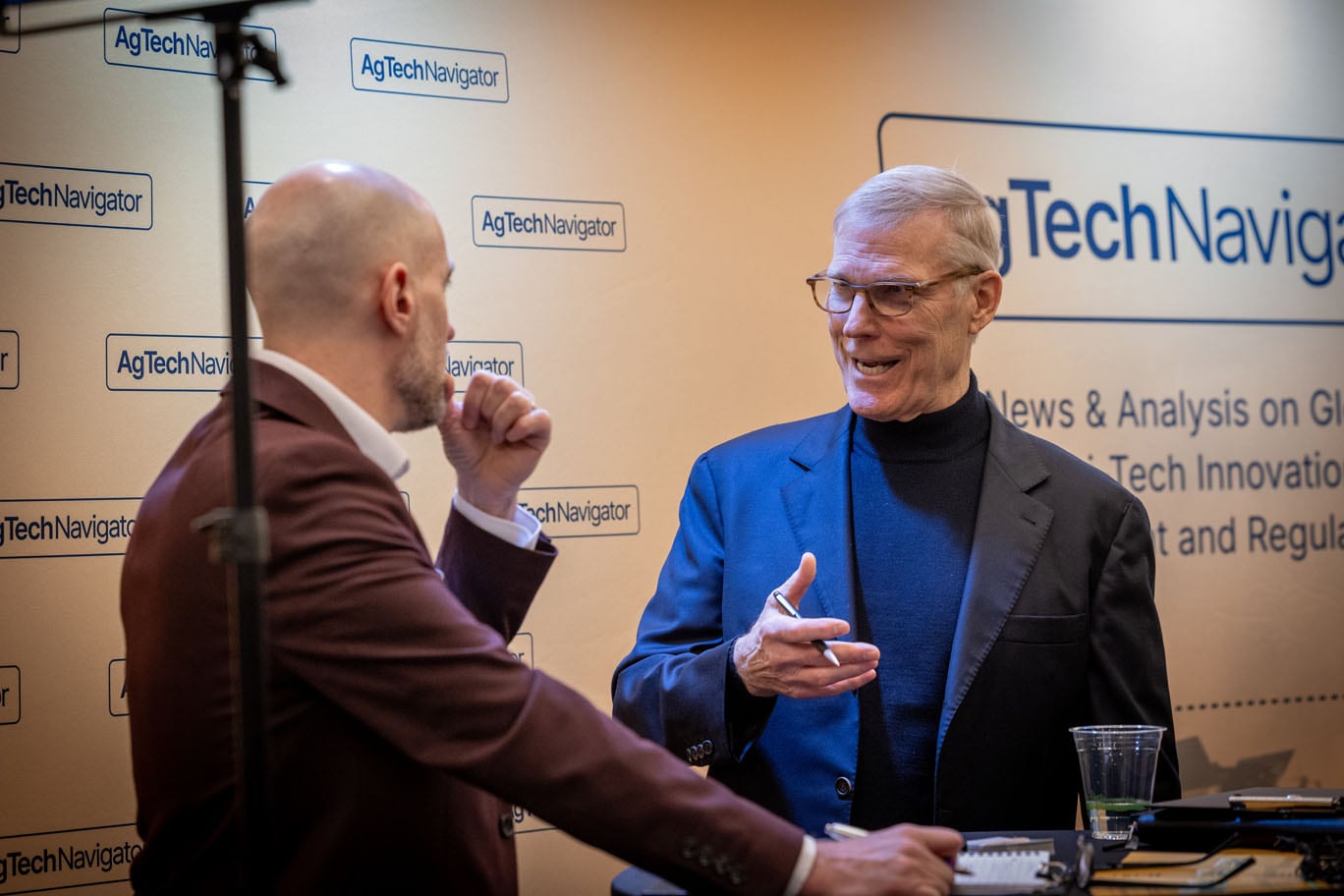Dutch company Solynta has big plans for the humble spud. It aims to revolutionise potato farming by making it possible to grow potatoes from true hybrid seeds instead of bulky, disease-prone tubers – a breakthrough that could transform global food security and farming economics.
The company is now 18 years old, but it’s only in the past four years that it has been slowly but surely introducing its non-GMO hybrid seeds around the globe. Why the time lag? “As all of us know that developing something totally new is time consuming particularly in agriculture,” says Charles Miller, Solynta’s director of strategic alliances and development.
The company is certainly not losing heart over the notorious slow and long-term processes of agriculture. In July last year, Solynta’s hybrid true potato seed varieties were approved for commercial release in Kenya. It is now currently working with more than 200 farmers across the country, ranging from smallholder pilot growers to large-scale commercial operations. These collaborations span demo plots, product testing, and early-stage commercial planting.
While Kenya is the only country with a commercial release (barring the home garden market in Europe), it is now active in over 40 countries. “In most of these markets, our activities include field trials, public-private partnerships, and commercial groundwork ahead of full market entry,” explains Miller. “It’s a phased approach designed to build trust, validate performance, and align with local regulatory processes.”
Initial entry into the EU market is planned for 2026, pending regulatory approval. “Our current sales activities focus primarily on markets where there’s a current high demand for our innovation,” continues Miller. “Full-scale sales activities for open-field production will follow once product development delivers varieties well-suited to European market standards, which can take up to a few years to develop.”
Scientific milestone
Meanwhile, while the practical challenges of adoption are evident, the overall industry sentiment remains positive, highlighting the Solynta’s technology’s potential to improve yields, reduce disease, and enhance food security – especially in regions where access to quality seed tubers is limited.
“Potatoes are a tetraploid crop, meaning that genetically they are very complex,” says Miller. “They’ve multiple streams of chromosomes that have similar genes. That means the traditional breeding of potatoes is quite time consuming and it is very difficult to target for desired results.”
He cites other crops like maize, sunflower and tomatoes where hybrid breeding has triggered “tremendous yield increases even without GMO, and quality and sustainability improvements”. There have been no big changes to the most popular potato varieties like the Russet Burbank in around 150 years, however.
But trials in Kenya have already delivered 3-4x the yield of local varieties without fungicides. “We’ve been able to successfully stack multiple genes of resistance into our elite potato varieties and that means we effectively have resistance to late blight [a serious plant disease, notorious for its rapid spread and devastating impact],” he reveals. “This means farmers can dramatically reduce the amount of chemicals that are sprayed, and also get yield stability.”
Getting started in country like Kenya brings a host of benefits, he notes. “We believe we can bring more value faster to places where potatoes are part of the staple diet. Potato is third most consumed crop in the world and quite water efficient in producing nutrition – that’s a big deal in African and Asian countries.”
Kenya is one of the largest potato producing countries in Africa. But Miller notes the country is hindered with a historical problem of never having enough starting materials or seed tubers, which impacts yield.
Lack of access to fungicides to spray for late blight is another problem. Seeds, on the other hand, are also easier to transport than tubors to isolated smallholders in fragmented areas, points out Miller. “By introducing growers in Kenya to this concept of true seeds they can now start to think about growing potatoes in the way they grow vegetables. So every season they buy the true seeds, they are clean and disease free and easy to transport and available. If they are grown right, we’re seeing yield increases averaging 10 tonnes to over 30 tonnes in some places. What we are doing is potentially tripling average yield in theese countries but more importantly what we are doing is stabilising yield and availability of starting materials.”
Keep your eyes peeled
The company is looking to new technology to improve its hybrid true potato seeds. “We are looking to AI a great deal and how to apply that to optimise the chances of getting the desired results in the hybrid that you are looking for,” he tells us. “That means you dramatically reduce the amount of field work necessary, which is expensive, and focus what your output is going to be.”
More open source AI would potentially lead to more rapid development and wider adoption of AI technologies, he suggests. “We were the first to map the diploid potato genome and release it to the public so we could all work on it together. These are the types of technology we are going to be investing in so we can do more and more in silicone.”
‘Regulators are notoriously risk averse and rightly so’
But the biggest bottleneck to the company is regulatory authorities lagging the pace of innovation, he says. “Whenever you introduce a new technology, whether it’s a medical device or a new type of seed, the regulators scratch their heads to understand it. Regulators are notoriously risk averse and rightly so.
“For us the largest bottleneck is not on the technology of breeding and understanding the genome. What we need to do is work with regulators globally to make sure they understand the technology and that these true seeds are no different to tomato seeds. We can’t rely on traditional breeding – once they understand that, the bottlenecks will come down.”





